Agricultural drones are rapidly evolving, and spray drones are at the forefront of this transformation. Offering farmers faster, more precise spraying methods, these machines are becoming a cornerstone of modern farming. However, operating spray drones isn't for the faint-hearted. As the video "10 Challenges Spray Drone Pilots Face" highlights, this career demands a unique combination of skills, grit, and adaptability.
In this article, we'll explore the major hurdles spray drone pilots face, evaluate the skills required to succeed, and help you determine if this exciting opportunity aligns with your capabilities.
Early Mornings and Long Hours: The Reality of Farm Life
Farmers know that the workday begins early, and as a spray drone pilot, you'll need to embrace this lifestyle. If you're someone who struggles to get out of bed before sunrise or thrives on a fixed schedule, this might not be the role for you. Spray operations often start at dawn to take advantage of optimal weather conditions, meaning you'll need to be ready to hit the ground running.
Spray drone piloting isn't a 9-to-5 job. Weather conditions, last-minute client requests, and unexpected events like equipment breakdowns can turn your day upside down. Adaptability is key. If you crave predictability, this profession will likely test your patience.
Attention to Detail: Why Mistakes Are Costly
A successful spray drone pilot must have laser-sharp focus. Missing small details - like failing to monitor the drone's radar or overlooking power lines - can lead to accidents or costly damages. One mistake captured in the video involved someone putting gasoline into a diesel truck. A simple oversight caused unnecessary delays and repairs.
Navigating drones through complex fields also requires exceptional precision. You'll need to map out boundaries, monitor spraying patterns, and ensure that the chemicals are applied safely and effectively. If you're prone to distraction or sloppiness, this job could quickly turn into a nightmare.
Navigating Red Tape: Knowledge of Rules and Regulations
The agricultural drone industry operates under strict regulatory frameworks. Spray drone pilots must familiarize themselves with Federal Aviation Administration (FAA) rules, pesticide licensing, and environmental guidelines. In addition to memorizing the legal requirements, you'll need to apply them in your daily operations. For instance, spraying in foggy conditions, as explained in the video, can lead to the harmful drifting of pesticides, which violates safety standards.
If navigating bureaucracy and staying compliant with evolving regulations feels overwhelming, spray drone piloting might not be the right fit. However, for those willing to learn, mastering this knowledge can give you a competitive edge.
Problem-Solving on the Fly
Spray drone pilots face frequent technical challenges, from GPS glitches to malfunctioning drones. In the field, there's often no time to wait for professional assistance. You have to diagnose and fix issues quickly or risk losing valuable work hours. As the video mentions, problem-solving is a non-negotiable skill in this job.
For example, imagine your drone loses connection mid-task or a nozzle malfunctions during application. Can you troubleshoot and resolve the issue on the spot? If not, this role may feel daunting.
Physical Stamina and Mental Grit
Operating spray drones is physically and mentally demanding. Tasks like carrying batteries, setting up equipment, and walking back and forth on trailers require energy and endurance. A full day's work can cover hundreds of acres, leaving little room for rest.
Equally important is mental toughness. The work can be monotonous yet stressful, particularly under intense heat or tight deadlines. If you’re someone who taps out when the going gets tough, this industry might not be for you. However, if you thrive under pressure and enjoy a challenge, this could be a rewarding career.
Mastering Spatial Awareness
Flying a drone isn't just about pushing buttons; it requires a deep understanding of spatial relationships. You'll often navigate drones over uneven terrain, around trees, and near power lines. As the video points out, poor spatial awareness can lead to accidents that are both dangerous and expensive.
If you've ever struggled with visualizing 3D spaces or find it difficult to judge distances, spray drone piloting might prove overwhelming. Conversely, strong spatial skills can make you an exceptional operator.
The Heat Is On: Working in Harsh Environments
Spray drone operators spend long hours outdoors, often under the scorching sun. The heat and humidity of summer fields can be brutal, so physical resilience is essential. If the idea of sweating for hours under the sun doesn't appeal to you, this career path might not be the best choice.
Conclusion: Is Spray Drone Piloting Right for You?
Spray drone piloting offers an exciting opportunity to be part of the future of agriculture, but it’s not a one-size-fits-all job. It demands a blend of technical skills, physical endurance, and mental toughness. Whether you're a farmer looking to streamline operations or an entrepreneur exploring agricultural technology, this career requires careful consideration of your strengths and limitations.
By understanding and preparing for these challenges, you can decide if this dynamic and innovative field is the right fit for you. The rewards are significant for those who embrace the grind, master the skills, and develop the resilience needed to succeed.
Key Takeaways
- Early Mornings Are Non-Negotiable: Spray drone work often starts at dawn. Be prepared for long, unpredictable hours.
- Attention to Detail Is Crucial: Small mistakes, like hitting power lines or mismanaging chemical applications, can lead to costly errors.
- Understand the Rules: Familiarize yourself with FAA regulations and pesticide licensing to operate legally and safely.
- Problem-Solving Is Essential: Be ready to troubleshoot GPS issues, drone malfunctions, and other technical challenges on the spot.
- Physical and Mental Toughness Are Must-Haves: You'll need stamina to handle the physical labor and grit to push through demanding conditions.
- Spatial Awareness Matters: Navigating drones in complex environments requires precise control and understanding of 3D spaces.
- Heat Is a Factor: Prepare for long hours under the sun, particularly during peak spraying seasons.
- Adaptability Is Key: Weather changes, last-minute client requests, and equipment breakdowns are all part of the job.
By evaluating these factors, aspiring spray drone pilots can better understand what the role entails and decide if they're equipped to thrive in this emerging industry. The future of agriculture is here - are you ready to take to the skies?
Source: "10 Reasons You Can’t Be a Spray Drone Pilot – The Hard Truth!" - nuWay Ag, YouTube, Sep 2, 2025 - https://www.youtube.com/watch?v=Xu1ldGQbBuc
Use: Embedded for reference. Brief quotes used for commentary/review.


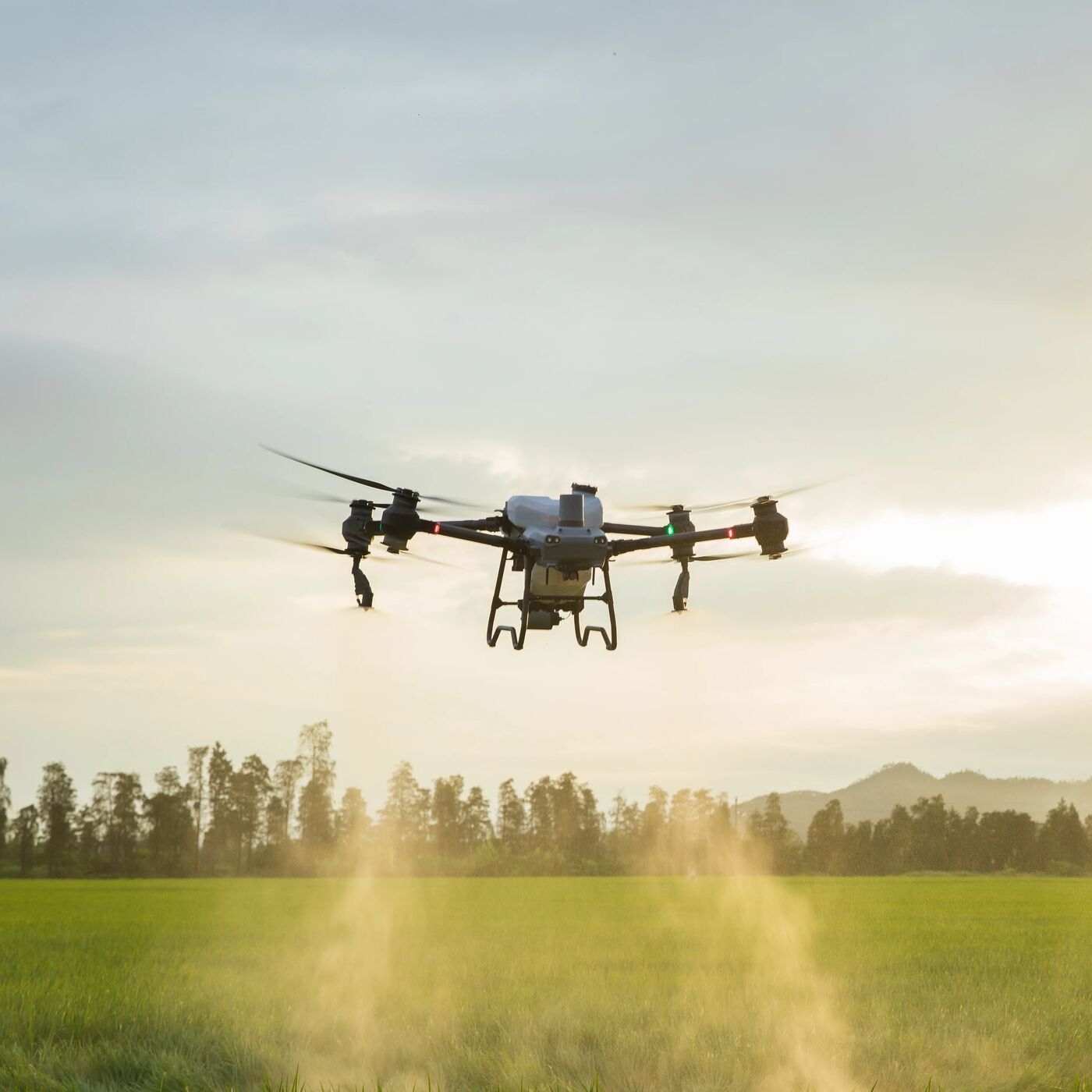
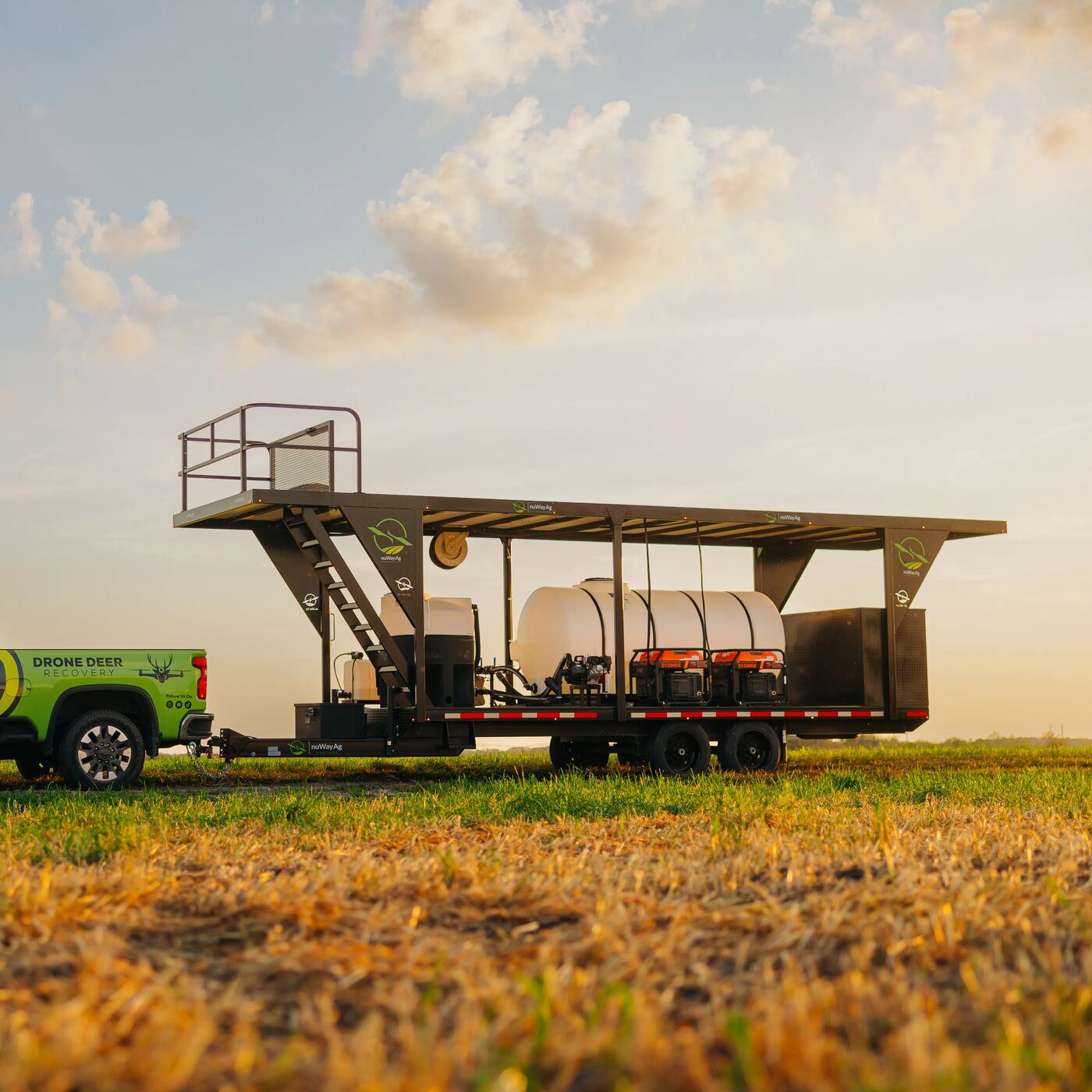
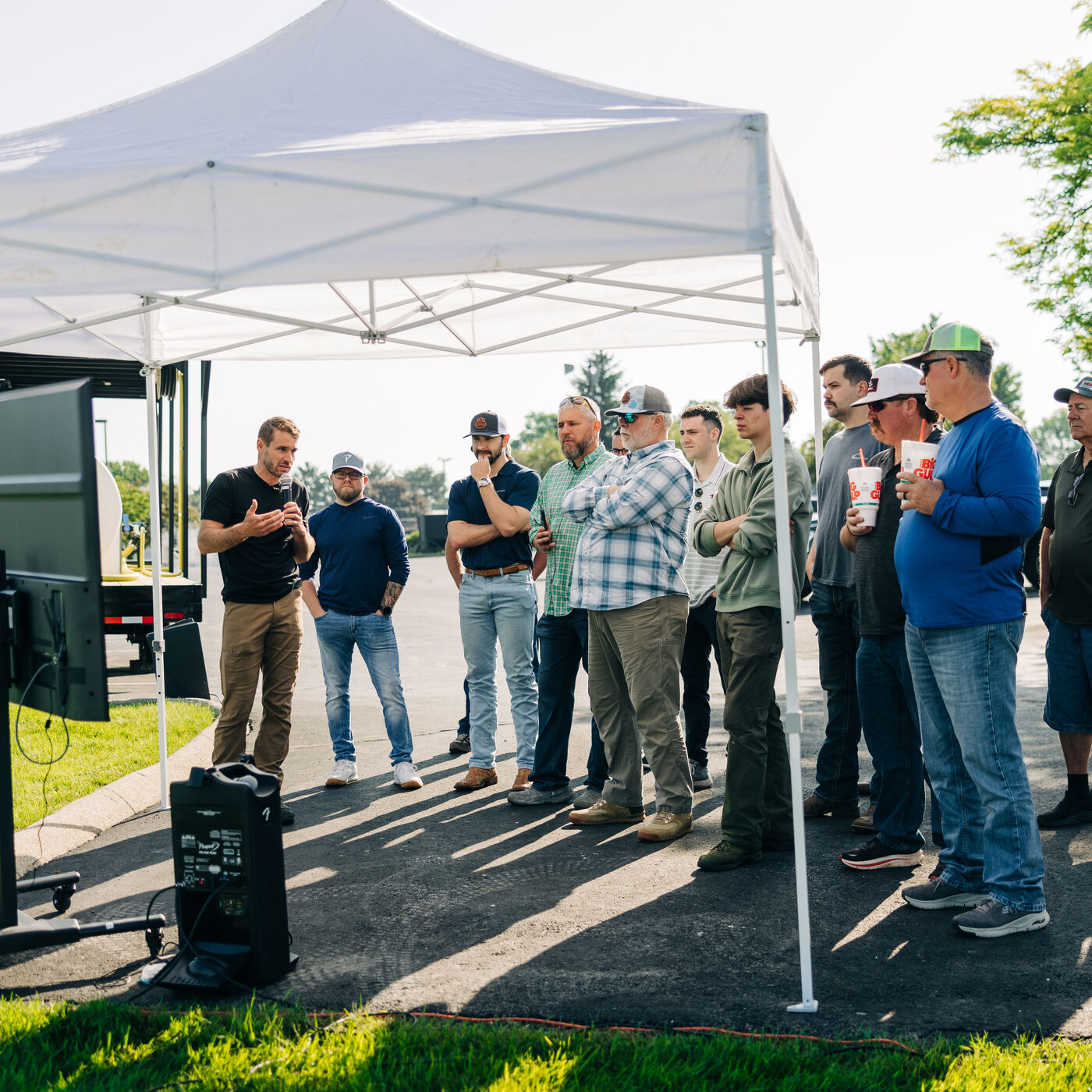
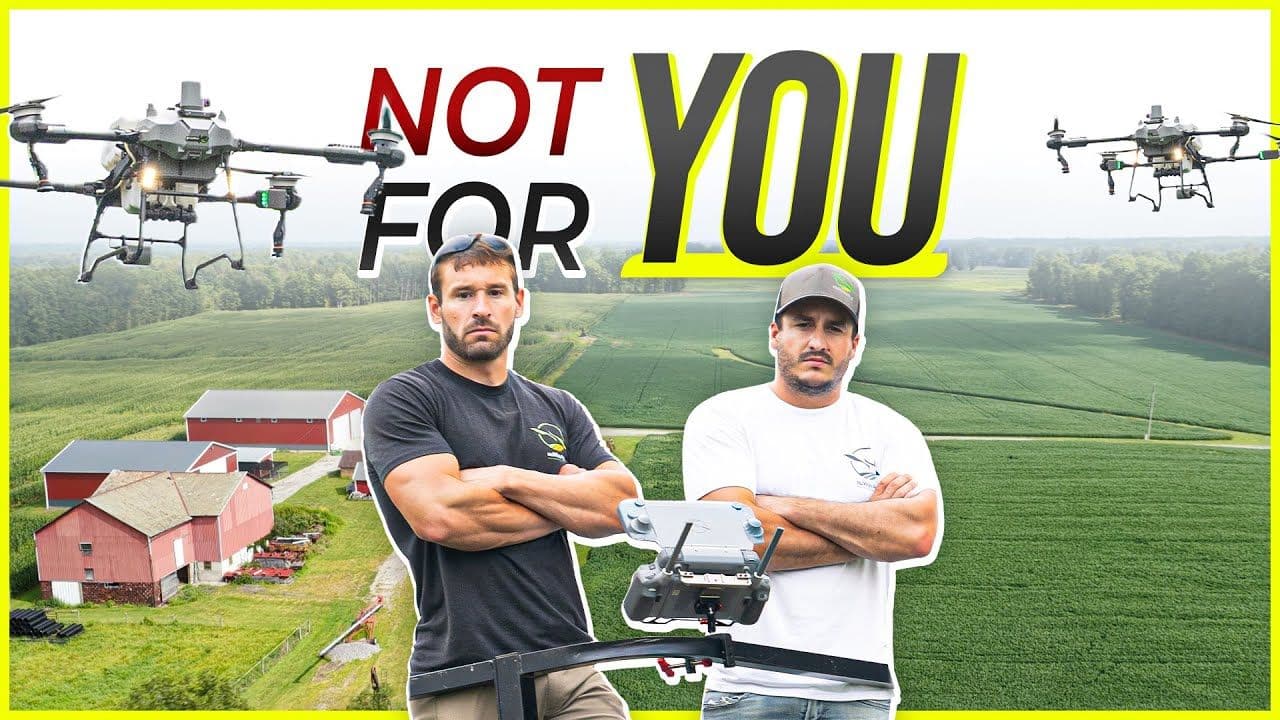
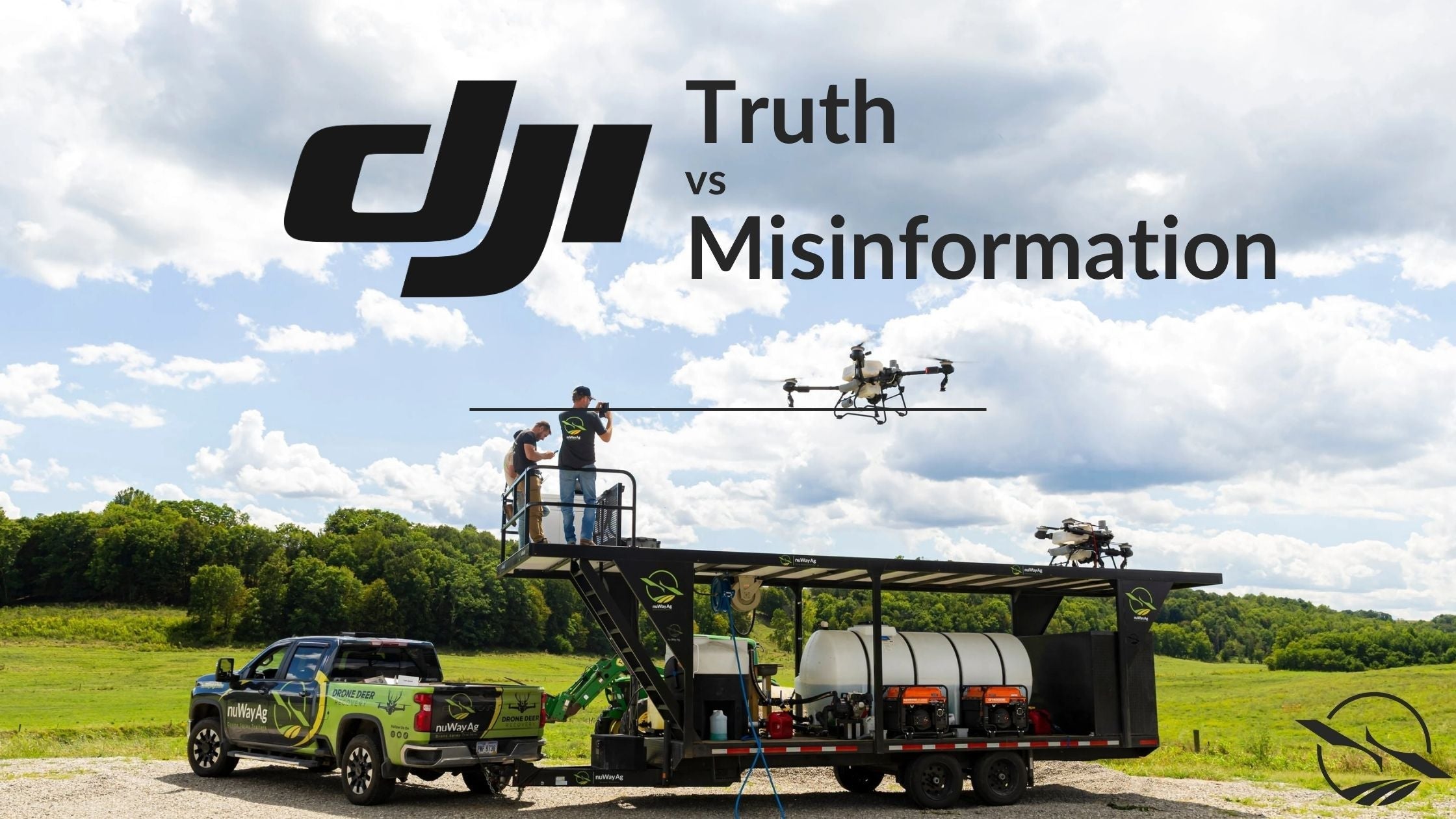
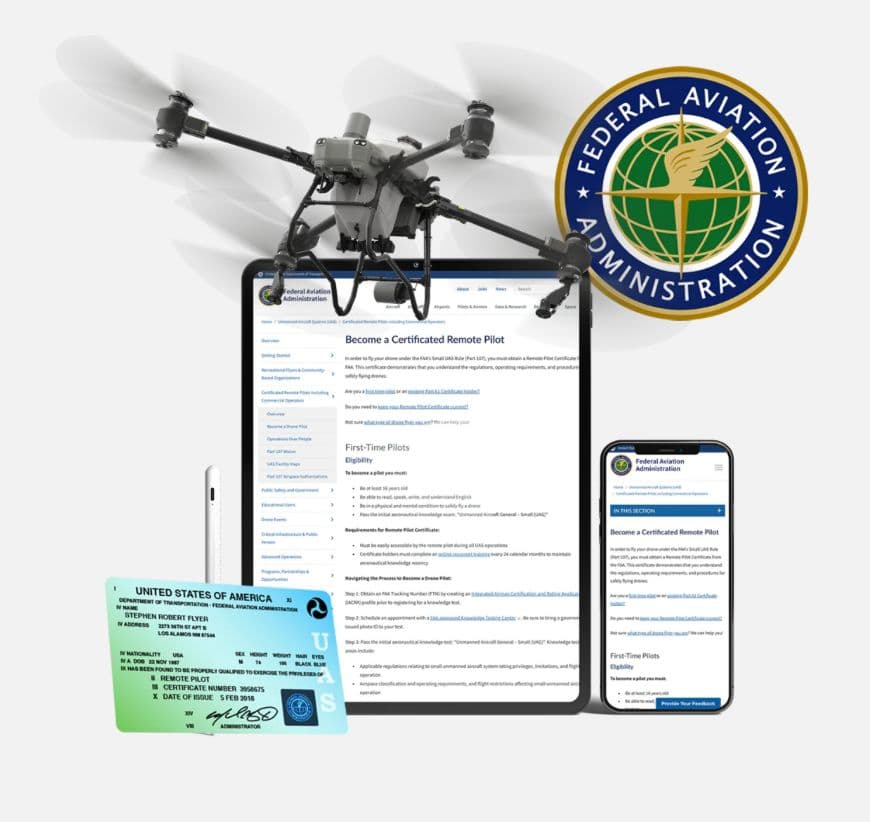
Leave a comment
This site is protected by hCaptcha and the hCaptcha Privacy Policy and Terms of Service apply.